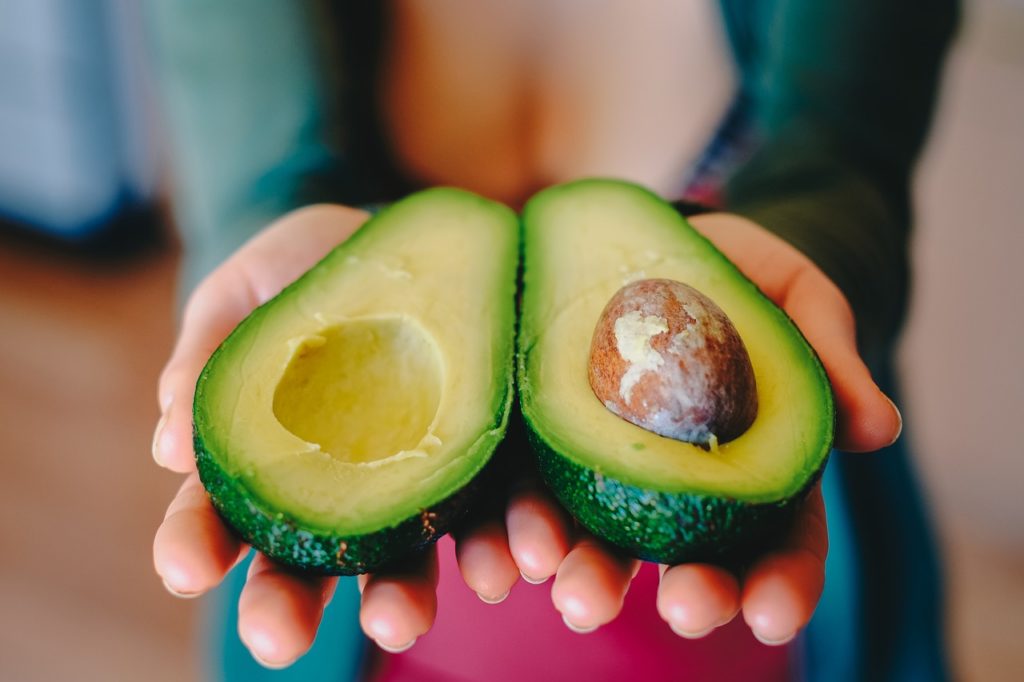7 foods for a healthy and happy heart
Heart disease is a serious issue that presently accounts for one-third of all deaths in the world. And while there are many factors that contribute to whether or not a person develops heart disease, there are simple solutions that act as preventive measures against the health hazard. One of these solutions is choosing the right foods to eat.
The seven foods below have demonstrated a proven ability to support the health of your heart.
01. Green Leafy Vegetables
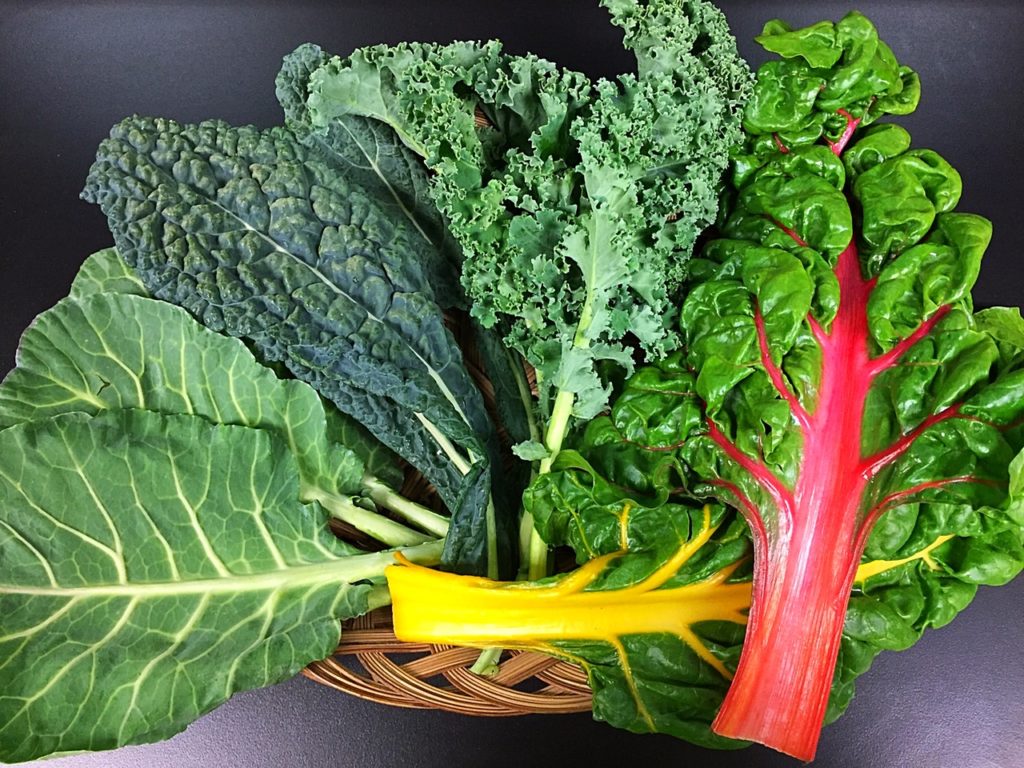 The abundant vitamin and mineral content of vegetables like kale, spinach, and collard greens are well-known to most people. One vitamin abundantly present in green vegetables is vitamin K. This vitamin has artery protective qualities and supports the proper clotting of blood.
The abundant vitamin and mineral content of vegetables like kale, spinach, and collard greens are well-known to most people. One vitamin abundantly present in green vegetables is vitamin K. This vitamin has artery protective qualities and supports the proper clotting of blood.
Green leafy vegetables also supply the body with dietary nitrates. Dietary nitrates have the ability to reduce blood pressure, increase the elasticity of arteries, and improve the productivity of cells associated with blood vessels.
A number of studies have demonstrated a direct link between the consumption of leafy green vegetables and a decreased risk of heart disease. An analysis of these studies showed a 16 percent decrease in heart disease for individuals who regularly consume the vegetables. A second study that involved nearly 30,000 women showed a great improvement to the risk of coronary heart disease for women who consumed healthy amounts of green leafy vegetables.
02. Avocados
Consumers of avocados are a great source of monosaturated fats that provide heart-healthy benefits. These fats lower the levels of cholesterol in the blood and reduce heart disease risk.
A recent study was conducted that examined three diets intended to lower cholesterol levels. One group observed in the study was given one avocado a day to eat along with their meals.
The group that was given the avocados experienced a significant decrease in bad cholesterol. More importantly, the presence of dense, small LDL cholesterol that is responsible for a greatly increased risk for heart disease decreased.
A second study followed the metabolic activity of more than 17,000 test subjects who regularly consumed avocados. It was determined these individuals cut their risk for metabolic syndrome in half.
The Bright Side Clinic explains avocados are also a great source of potassium, which is another nutrient important to the health of the heart.
03. Whole Grain
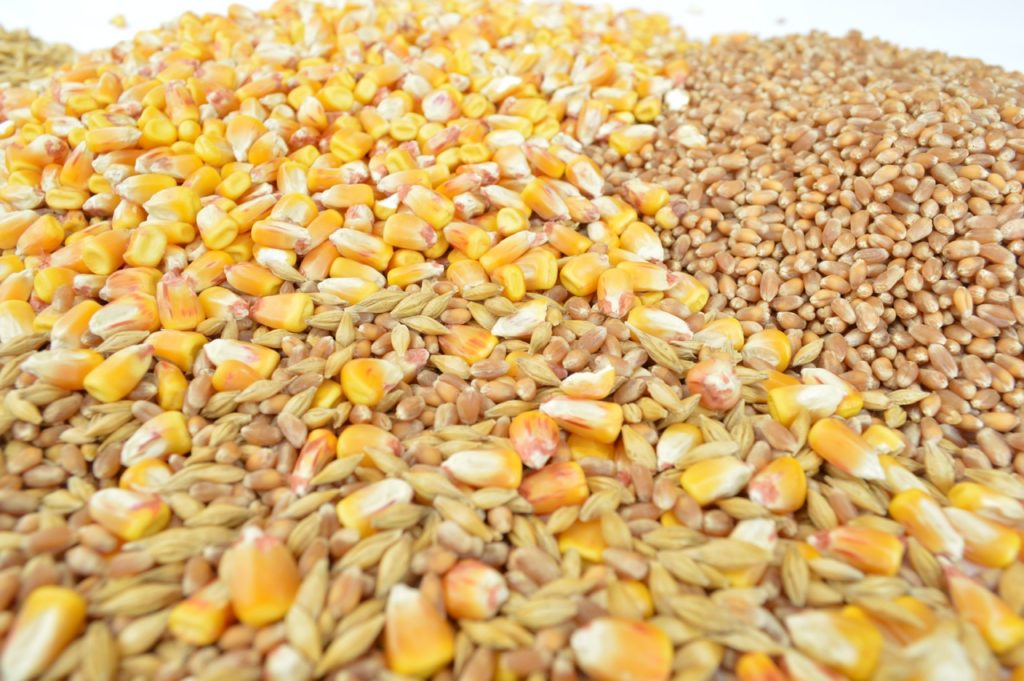 Whole grains are delivered with all three parts of the grain intact. These nutrient-rich parts are the bran, endosperm, and germ. Common whole grain food products are oats, brown rice, rye, and barley. Whole grains contain fiber content not found in refined grains. The fiber in whole grains reduces the presence of bad cholesterol and lowers heart disease risks.
Whole grains are delivered with all three parts of the grain intact. These nutrient-rich parts are the bran, endosperm, and germ. Common whole grain food products are oats, brown rice, rye, and barley. Whole grains contain fiber content not found in refined grains. The fiber in whole grains reduces the presence of bad cholesterol and lowers heart disease risks.
Multiple studies attest to the ability of whole grains to improve the health of the heart. An analysis of 45 studies on the matter showed whole grain consumption resulted in a 22 percent decrease in heart disease risk for individuals that ate three or more servings on a daily basis.
04. Fatty Fish
 Fatty fish provides an abundant supply of Omega 3 fatty acids. These fatty acids have proven benefits to the health of the heart. Mackerel, sardines, salmon, and tuna are all good sources of Omega 3 fatty acids.
Fatty fish provides an abundant supply of Omega 3 fatty acids. These fatty acids have proven benefits to the health of the heart. Mackerel, sardines, salmon, and tuna are all good sources of Omega 3 fatty acids.
Eating fatty fish over the long term has proven to lower blood pressure, decrease the presence of triglycerides in the blood, improves cholesterol levels, and regulates blood sugar.
It was also observed in a study that decreasing the amount of fatty fish consumed by an individual increased the risk of heart disease.
Individuals who are conscious regarding heart health but do not eat seafood can supplement with fish oil. Fish oil supplements provide the same heart-healthy benefits as the consumption of fatty fish.
05. Beans
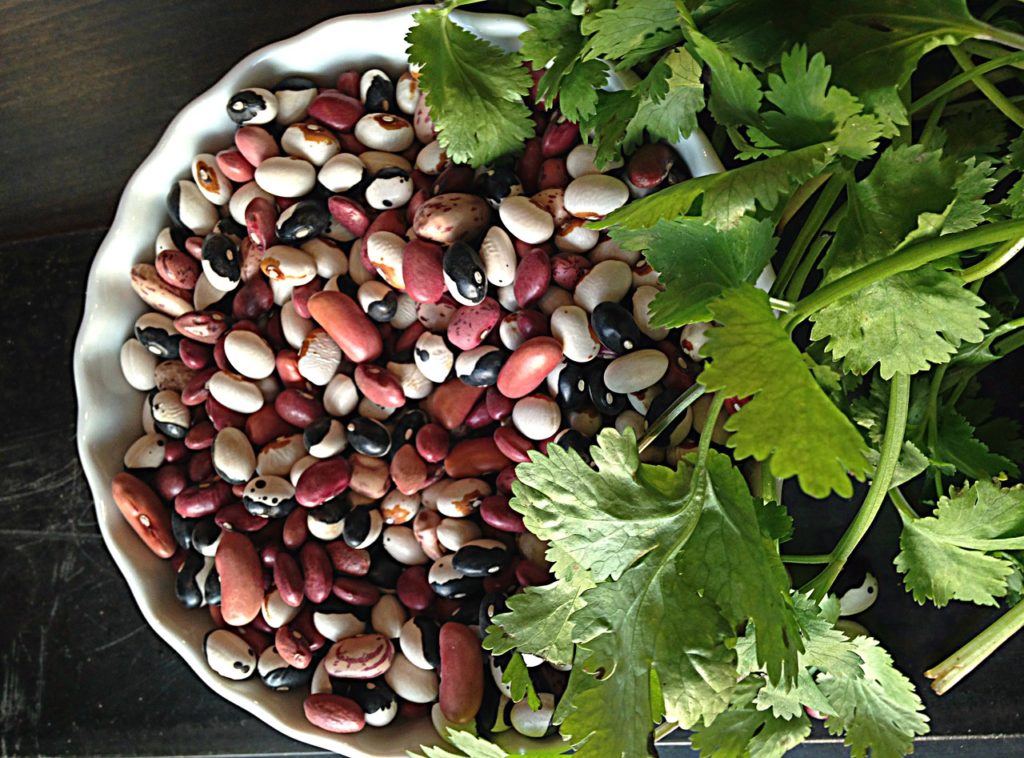 When beans are consumed a resistant starch is released that is fermented by beneficial gut bacteria. This resistant starch reduces levels of blood triglycerides and cholesterol levels.
When beans are consumed a resistant starch is released that is fermented by beneficial gut bacteria. This resistant starch reduces levels of blood triglycerides and cholesterol levels.
A number of documented studies have also demonstrated the ability of beans to decrease heart disease risks. These studies consistently show a decline in LDL cholesterol in the blood is achieved by eating beans.
The consumption of beans is also associated with lower blood pressures and a decrease in inflammation. Both of these factors are contributors to heart disease.
06. Almonds
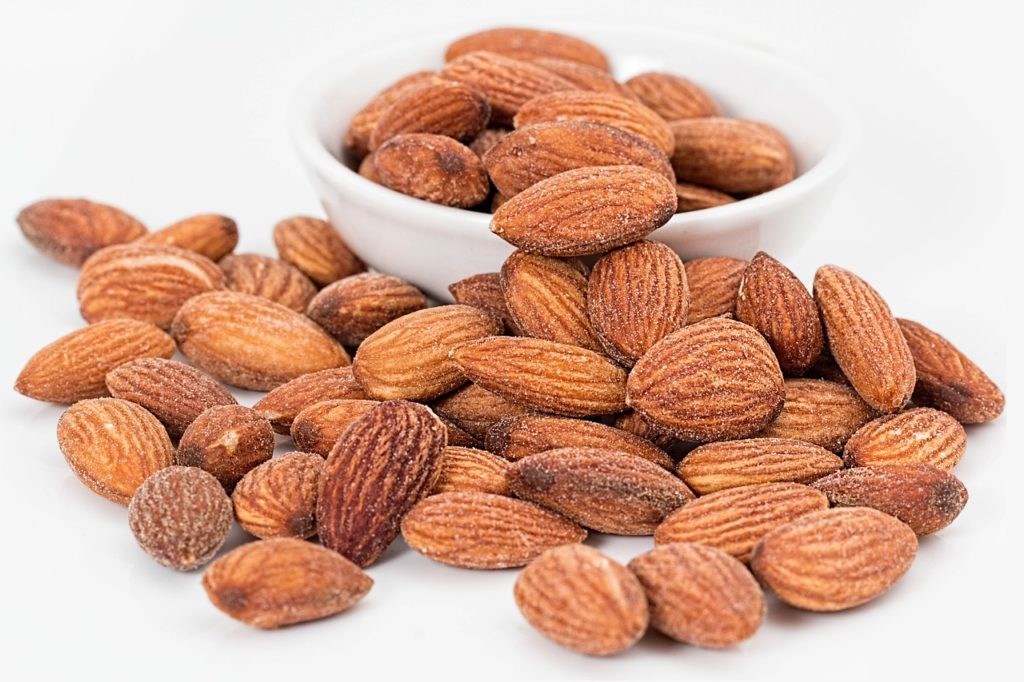 The nutrient-dense quality of almonds includes a number of vitamins and minerals that are crucial to the health of the heart. Almonds also contain heart-healthy fiber and monounsaturated fats.
The nutrient-dense quality of almonds includes a number of vitamins and minerals that are crucial to the health of the heart. Almonds also contain heart-healthy fiber and monounsaturated fats.
Research has also demonstrated the ability to lower cholesterol levels. One study observed 48 individuals with elevated levels for cholesterol. After six weeks of eating 43 grams of almonds a day, study participants lost belly fat and lowered their levels of bad cholesterol.
Almonds have also shown the ability to promote the health of arteries by reducing the buildup of plaque.
07. Garlic
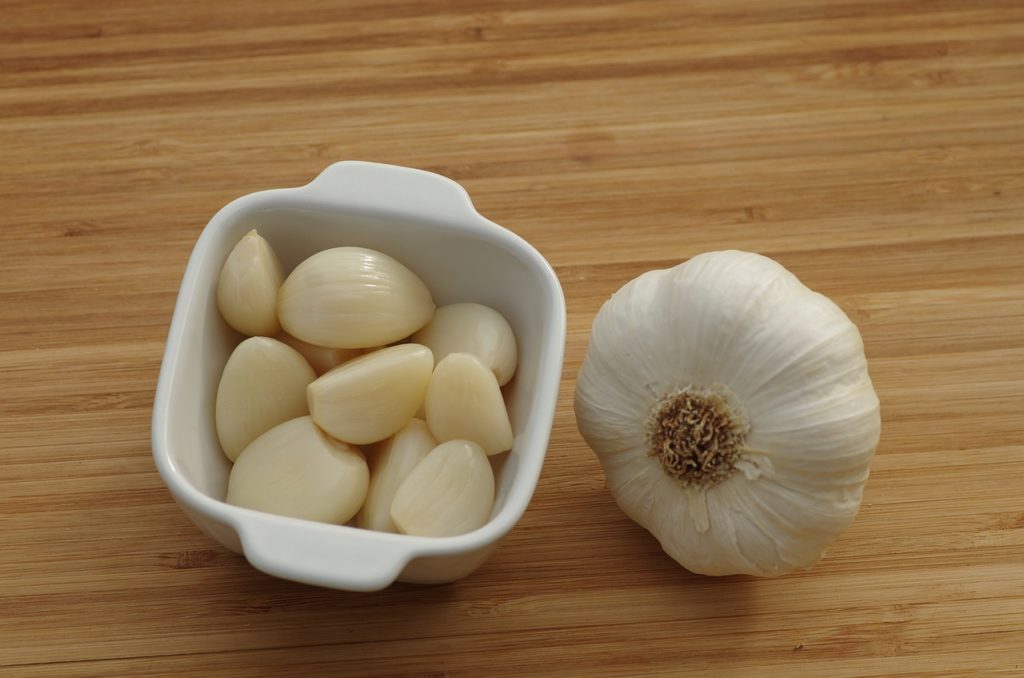 Garlic has been known to exercise a positive effect on many health issues. Medical research in recent years has confirmed the health issues that benefit from eating garlic includes heart disease. The heart healthy benefits of garlic are a result of a compound called allicin.
Garlic has been known to exercise a positive effect on many health issues. Medical research in recent years has confirmed the health issues that benefit from eating garlic includes heart disease. The heart healthy benefits of garlic are a result of a compound called allicin.
A recent study showed that a daily garlic supplement was just as effective at lowering blood pressure as top blood pressure medications. A review of 39 studies showed garlic lowered total cholesterol level, as well as, the levels of bad cholesterol in the blood.
Garlic prevents the formation of blood clots and lowers the risk of stroke.
For best results, garlic should be eaten raw. If this is unbearable to the consumer, crush the garlic and allow it to sit for a bit before cooking.
Final Thoughts
All recent evidence from the medical community suggests that the link between heart disease and the diet a person consumes strong. The food consumed by an individual directly affects all factors associated with heart disease.
The individual who includes the seven heart-healthy foods on the above list will improve the health of their heart and decrease their risk of heart disease.


